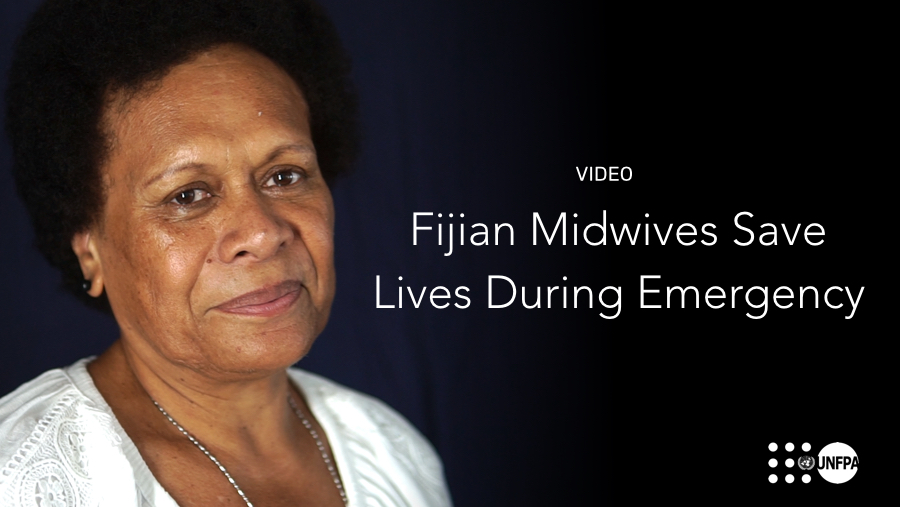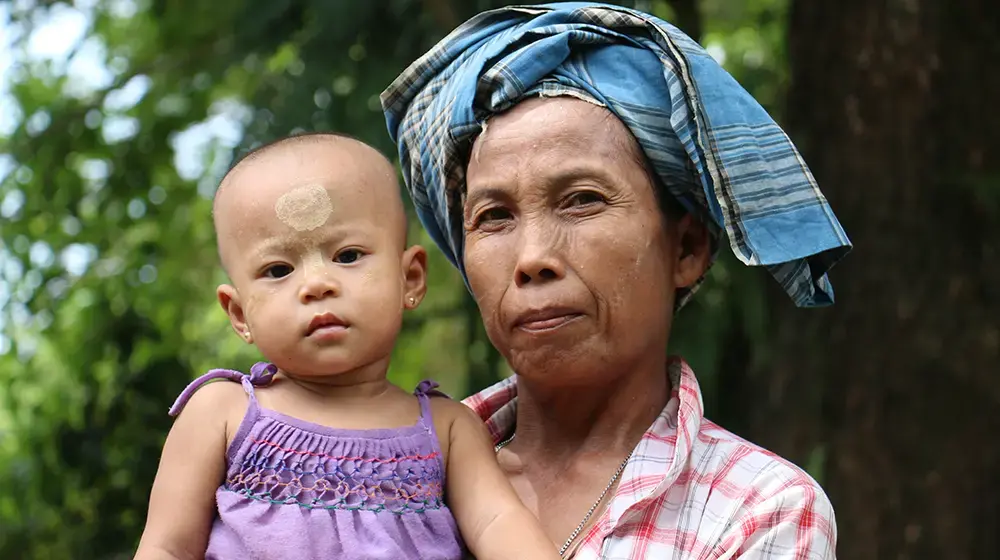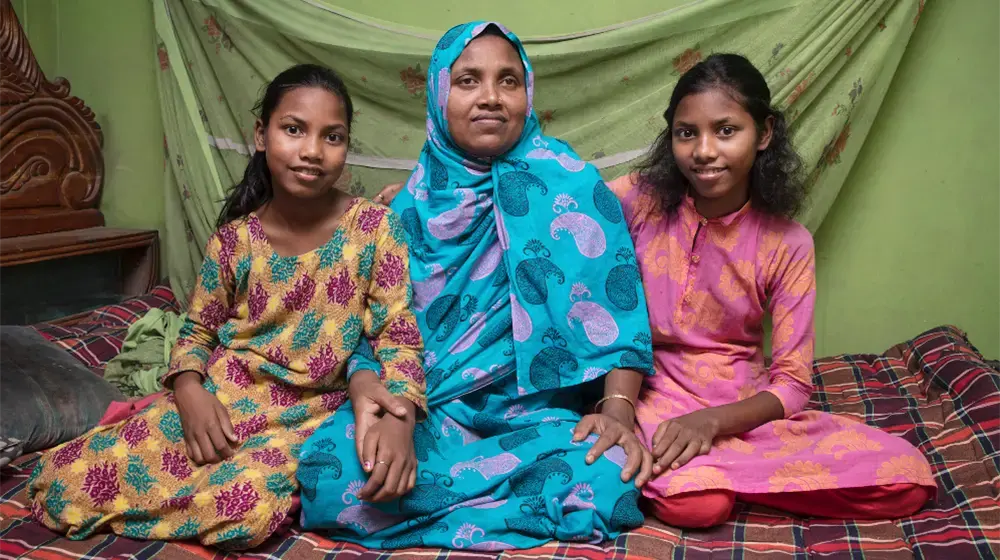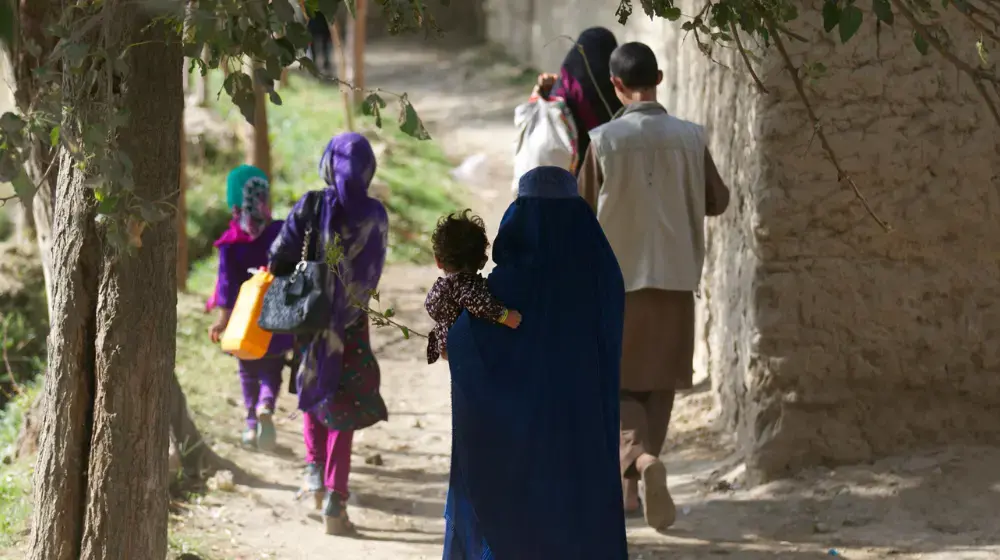Regional Prepositioning Initiative -Training
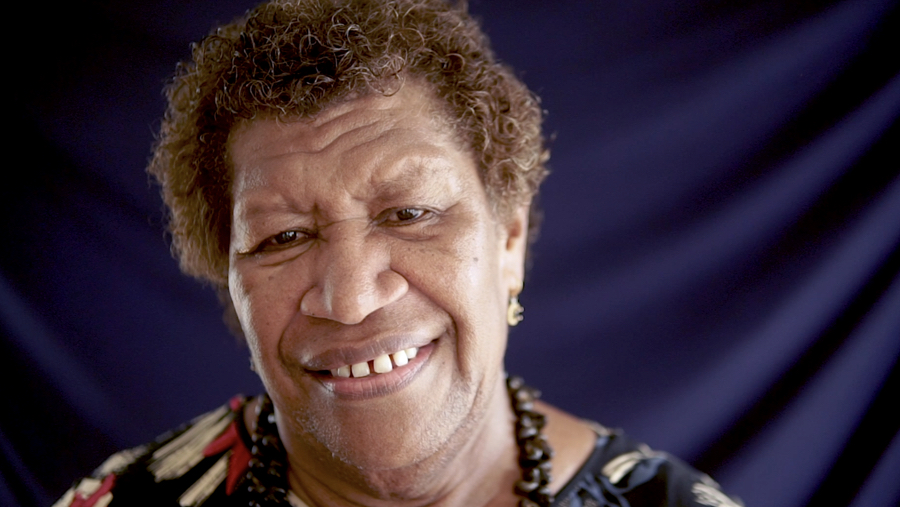
Capacity building activities implemented through the Regional Prepositioning Initiative Phase 2 have improved the effectiveness and quality of humanitarian response. UNFPA provided training to 882 staff, local partners and professionals on the Minimum Initial Service Package for Reproductive Health in Crises; humanitarian logistics; humanitarian preparedness; and Gender-based Violence in emergencies.
Additionally, the initiative supported the deployment of staff to provide dedicated technical assistance to strengthen humanitarian preparedness and response efforts in the priority countries. For example, a Gender-based Violence in Emergencies Specialist based in Fiji provided oversight and support to strengthen gender-based violence in emergencies capacity across the Pacific sub-region, including for gender-based violence sub-cluster coordination, and national logisticians supported supply chain management in Myanmar and Bangladesh. During the COVID-19 pandemic, dedicated personnel to support the development of mental health and psychosocial support guidelines and capacity building initiatives across the Pacific region were critical in accelerating mental health and psychosocial support response.
The Minimum Initial Service Package for Sexual and Reproductive Health in crisis situations is a series of crucial, lifesaving activities required to respond to the sexual and reproductive health needs of affected populations at the onset of a humanitarian crisis. These needs are often overlooked with potentially life-threatening consequences. Over 500 women die in pregnancy or childbirth every day in humanitarian and fragile settings. It is therefore essential to provide lifesaving sexual and reproductive health services as morbidity and mortality related to sexual and reproductive health is a significant global public health issue and those in humanitarian and fragile settings often face heightened risks and additional barriers to services. The timely provision of sexual and reproductive health services can prevent death, disease, and disability related to unintended pregnancy, obstetric complications, sexual and other forms of gender-based violence, HIV infection, and a range of reproductive disorders.
“We have achieved a lot of things, trained medical teams, trained participants, a network of cluster meetings, and we are better prepared and able to provide response teams in the region. We now have clinical guidelines for intimate partner violence for women and girls in Fiji”
-Ministry of Health, Fiji
Gender-based violence is a life-threatening, global health and human rights issue that violates international human rights law and principles of gender equality. In emergencies, such as conflict or natural disasters, the risk of violence, exploitation and abuse is heightened, particularly for women and girls. UNFPA’s Minimum Standards for Prevention and Response to GBV in Emergencies promote the safety and well-being of women and girls in emergencies and provide practical guidance on how to mitigate and prevent gender-based violence in emergencies and facilitate access to multi-sector services for survivors.
UNFPA’s engagement with national partners has allowed for effective dialogue to support a wider agenda of change to prioritise women’s and girls’ access to sexual and reproductive health and gender-based violence services, and has acted as a catalyst for change in policies and regulations. Many governments, as well as regional, national and local partners, have adopted the Minimum Initial Service Package for Reproductive Health in Crises as a standard for emergency preparedness and response. The Regional Prepositioning Initiative has also been an important forum through which the inclusion of people with disabilities and other vulnerable groups, whose needs are often excluded, have been prioritised in humanitarian response.
RPI PHASE 2 | TRAINING | EMERGENCIES | RESPONSIVE | SYSTEMS | SUPPLIES | IMPACT
Learn more
Minimum Initial Service Package for Sexual and Reproductive Health in crisis situations


